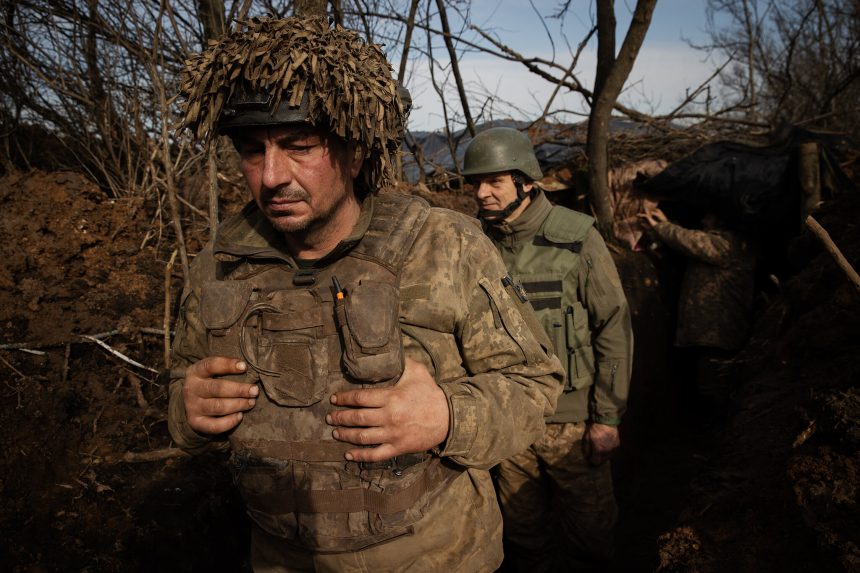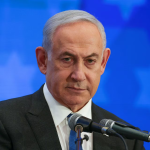Russia achieved its first major territorial success in more than nine months in the Ukraine war, capturing the eastern city of Avdiivka last week.
The once-bustling community of 30,000 civilians was gone and it was doubtful whether the local employer, Europe’s biggest coking plant, could be returned to operability soon. But the capture offered Russian President Vladimir Putin bragging rights ahead of the election he faces in March.
Russian forces began to press Ukrainian defenders in earnest last October, after Ukraine’s three-month-long summer counteroffensive had ended, promising to deal Ukraine a winter blow.
They formed a pincer to the north and south of the city, and during the four months of most intense fighting Ukraine’s Tavria forces commander, Oleksandr Tarnavskyi, estimated they had sustained 47,000 casualties, and lost 364 tanks, 248 artillery systems, 748 armoured fighting vehicles and five aircraft.
The news fell like a bombshell on the continuing Munich Security Conference, where Ukraine’s Western allies convened to survey a gloomy outlook for 2024.
“The era of peace in Europe is over,” Dmytro Kuleba, Ukrainian foreign minister, told those present.
“And every time Ukrainian soldiers withdraw from a Ukrainian town because of the lack of ammunition, think of it not only in terms of democracy and defending the world-based order, but also in terms of Russian soldiers getting a few kilometres closer to your towns.”
Ukraine’s President Volodymyr Zelenskyy also seized upon the moment to press allies for more weapons supplies.
“Unfortunately, keeping Ukraine in artificial deficits of weapons, particularly in deficits of artillery and long-range capabilities, allows Putin to adapt to the current intensity of the war. This self-weakening of democracy over time undermines our joint results,” Zelenskyy told the conference.
Many Ukrainians squarely blame the United States for the emboldening of Russia, as a $60.6bn military assistance measure for Ukraine remains stalled in Congress.



